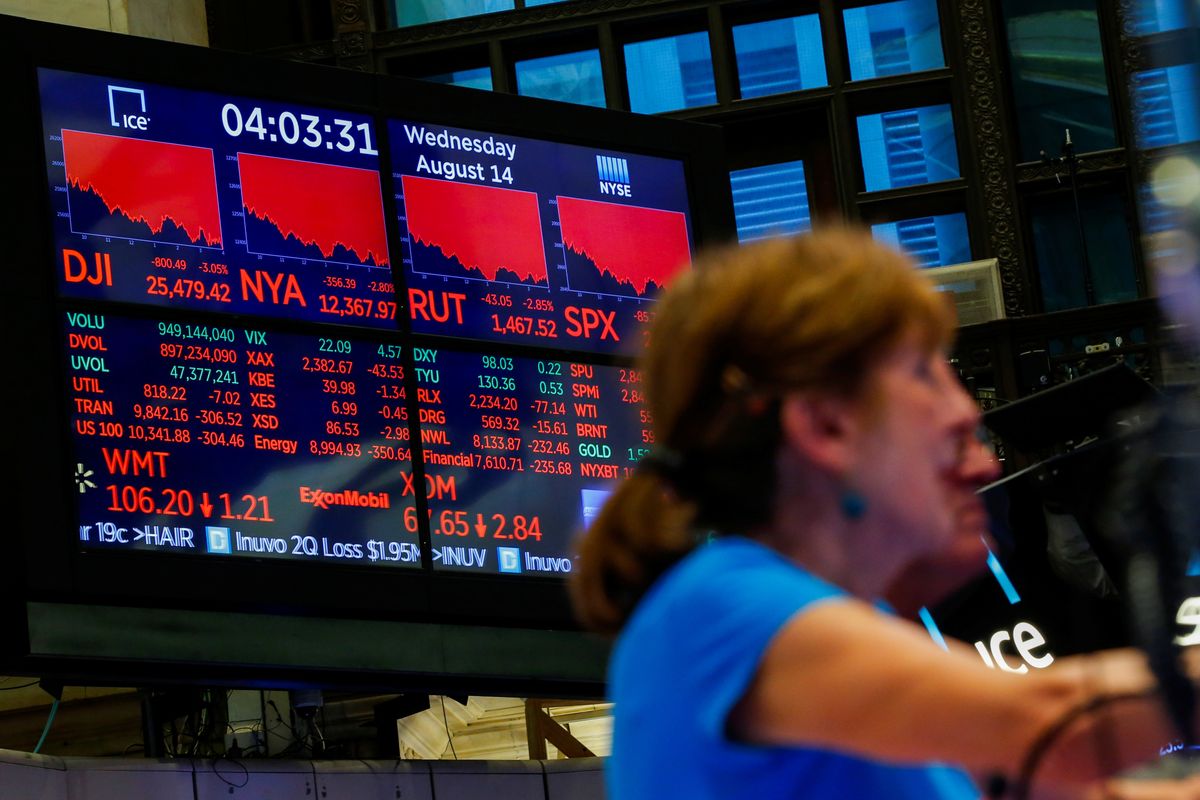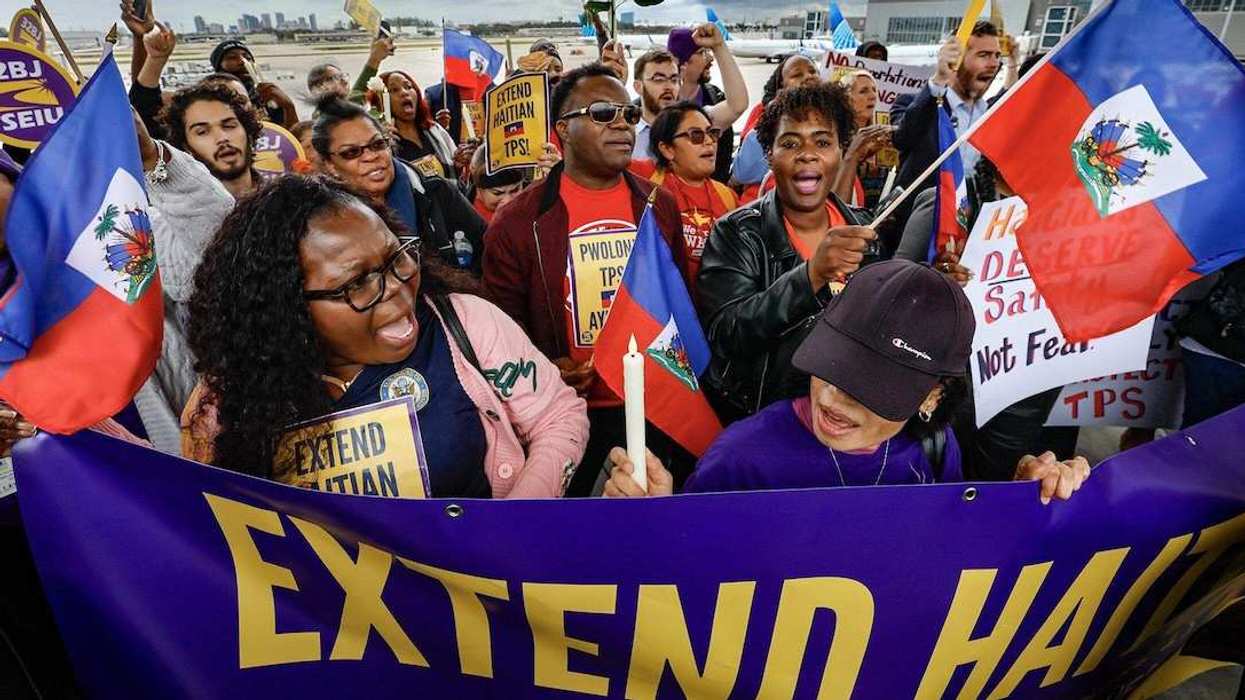As topsy-turvy as global politics has been over the past several years –Brexit, Trump, the rise of anti-establishment leaders in France, the Philippines, Italy, Pakistan, and Brazil, the surge of the European far right and so on – it's all unfolded during a time when the global economy was actually doing pretty well.
So what happens when the inevitable recession hits? Earlier this week, markets suffered their worst day of the year as investors confronted that question.
Germany's economy, the world's fourth-largest, is shrinking. China's factories are churning at their slowest rate in 17 years. The trade fights between the US and China, the US and Europe, and South Korea and Japan involve countries that together account for half the global economy. And worries about a chaotic British exit from the EU aren't helping either.
Even more worrying than these individual trends, through, is that the zero-sum politics driving all this disruption might also make a global economic swoon harder to get out of.
During the last big economic crisis in the wake of the 2008 financial meltdown, the world's major economies were able to compromise and coordinate their responses to the recession in ways that avoided an even deeper downturn.
In today's more cutthroat political environment, that kind of cooperation is a lot less likely -- particularly if a downturn fuels even more of social and political polarization within countries that has empowered economic nationalists in the first place.
We're not in a recession yet. But buckle up, because when the next downturn hits, politics is going to make it harder to contain the pain.


















